The Psychology of Betting: Understanding Gamer Behavior
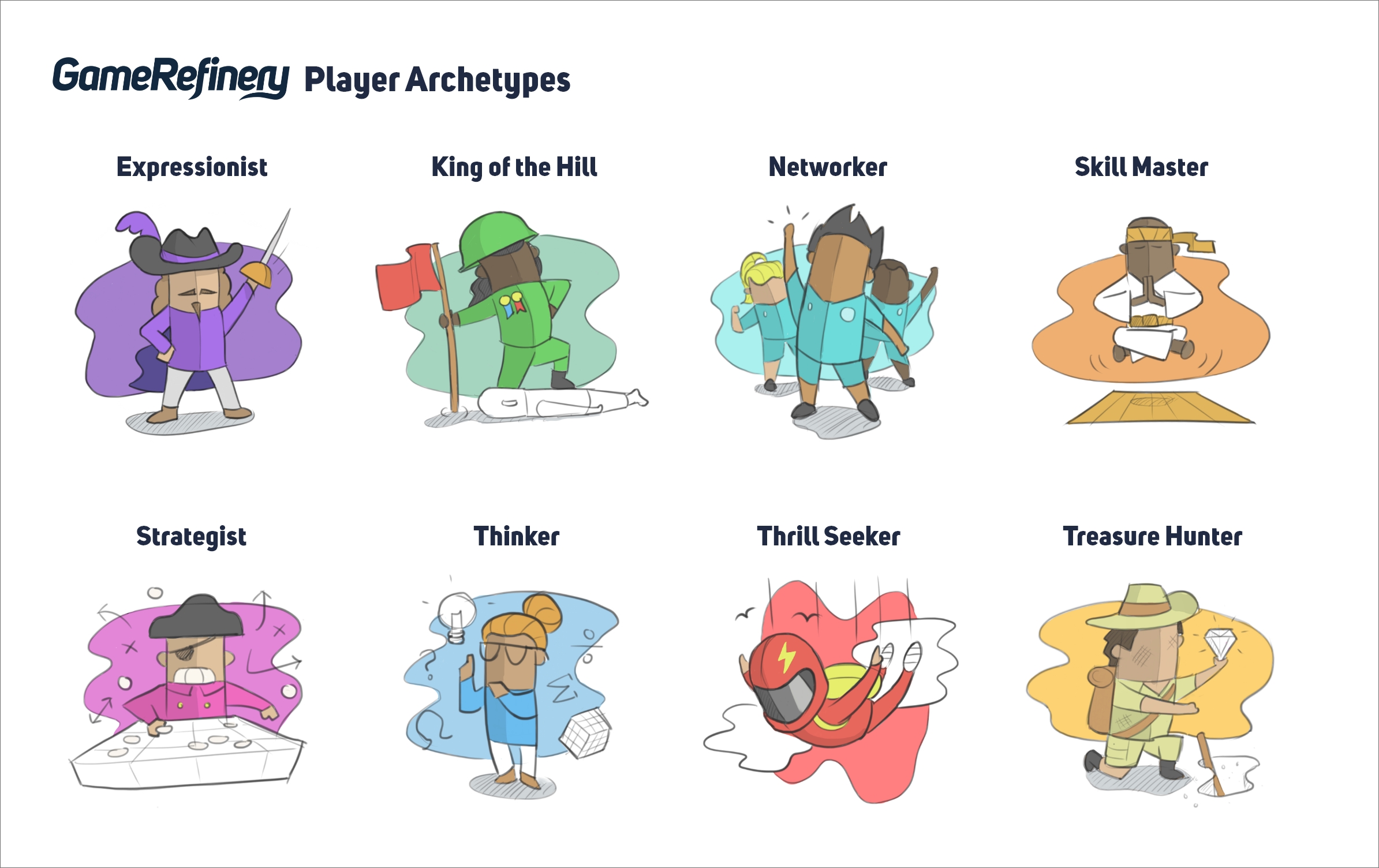
The realm of online gambling has witnessed a significant surge in popularity, particularly among gamers, who are drawn to the thrill and excitement of placing stakes. However, behind the allure of chasing wins and the adrenaline rush, there lies a complex psychological landscape that influences gamer behavior in betting. Understanding these psychological factors is crucial for responsible gambling and preventing potential problems.

Increased Risk-Taking and Excitement:
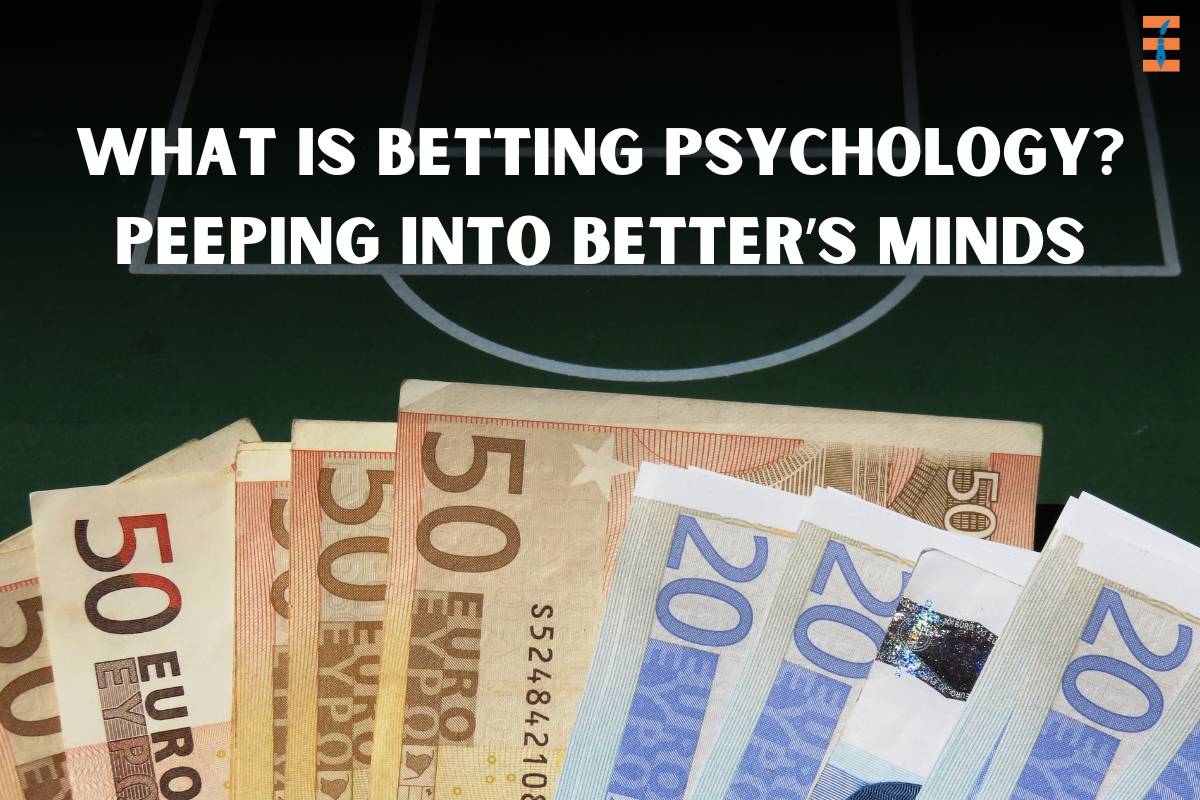
Betting, by nature, involves a level of risk. For gamers, the prospect of winning big can override rationality, leading them to engage in riskier behavior. The brain's reward system responds to the anticipation of potential profits, releasing dopamine, which contributes to feelings of excitement and euphoria. This heightened arousal can result in impulsive betting patterns and the perception of risks as lower than they actually are.
Addiction and Loss-Chasing:
Like any form of gambling, betting among gamers carries the risk of addiction. The intermittent reinforcement associated with betting, where wins and losses occur randomly, can lead to a psychological phenomenon known as “loss-chasing.” This is when individuals continue to bet with the aim of recouping their losses, despite repeated setbacks. As they chase wins to make up for previous losses, the stakes can escalate, potentially leading to financial difficulties and severe psychological distress.
FOMO (Fear of Missing Out):
Social media and the constant bombardment of success stories can create a sense of FOMO (fear of missing out) among gamers. They may feel pressure to participate in betting to avoid the perception of being left behind or missing out on potential winnings. This can lead to impulsive betting decisions driven by an emotional need to keep up with others.
Influence of Gaming Culture:
Gaming culture has a significant influence on shaping how gamers perceive betting. In many popular games, players are encouraged to engage in “loot boxes” or “micro-transactions,” which involve spending real money for in-game rewards. This can normalize the concept of spending money on gambling-like activities, making it easier for gamers to transition to real-world betting.
Prevention and Responsible Gaming:
To prevent or mitigate potential problems, responsible gaming practices are essential for gamers who engage in betting. Setting limits on betting funds, seeking professional help if needed, and recognizing the signs of addiction are crucial. Gambling should be approached as a form of entertainment, not a means of financial gain.# The Psychology Of Betting: Understanding Gamer Behavior
Executive Summary:
The psychology of betting in gaming is a complex and fascinating field that encompasses numerous factors of gambler behavior. Understanding the psychological dynamics underlying betting can provide valuable insights for game designers, marketers, and researchers interested in optimizing player engagement, promoting responsible gambling, and gaining a competitive edge in the gaming industry.
Introduction:
In the realm of digital entertainment, betting has emerged as a central aspect of numerous video games, encompassing a wide range of genres from casual to competitive. The allure of placing bets and the potential for winning rewards or facing consequences have captivated gamers across the globe, making it essential to grasp the psychological factors that influence their betting behavior. This comprehensive analysis delves into the intricacies of the gamer's mindset, shedding light on the motivations, decision-making processes, and biases that shape their wagers.
Subtopic 1: Risk-Taking Proclivity:
At the heart of betting lies the element of risk. Gamers' willingness to take risks varies significantly and plays a decisive role in determining their betting behavior.
- Thrill-Seeking: Many gamers are drawn to the excitement and adrenaline rush associated with placing bets, especially in high-stakes situations.
- Control Perception: Risk-taking can provide a sense of control over uncertain outcomes, particularly when gamers feel that they possess superior skills or knowledge.
- Sensation Seeking: Bettors may be motivated by the desire for intense experiences, seeking the emotional highs and lows that come with gambling.
- Cognitive Biases: Risk-taking behavior can be influenced by cognitive biases such as overconfidence, which may lead gamers to overestimate their chances of winning, or the sunk cost fallacy, which prompts them to continue betting to recoup previous losses.
Subtopic 2: Reward Anticipation:
The anticipation of rewards serves as a primary motivator for gamers to engage in betting.
- Dopamine Response: Placing bets triggers the release of dopamine, a neurotransmitter associated with pleasure and reward, reinforcing the betting behavior.
- Prize Value: The attractiveness of the potential rewards, whether monetary or in-game items, influences the gamer's willingness to bet.
- Immediate Gratification: Betting offers the potential for immediate rewards, catering to gamers' desire for quick gratification.
- Fear of Missing Out: The apprehension of missing out on potential gains or rewards can drive gamers to bet, even when they recognize the element of risk involved.
Subtopic 3: Social Influence:
Social dynamics play a significant role in shaping betting behavior within gaming communities.
- Peer Influence: Gamers' social circles can exert a powerful influence on their betting behavior, with friends and acquaintances serving as role models or sources of encouragement.
- Community Standards: Betting norms within gaming communities can influence individual behavior, with unwritten rules or expectations shaping gamers' decisions.
- Competitive Mindset: In competitive gaming environments, social pressures to perform and maintain a certain ranking can push gamers to take risks and place bets.
- Groupthink: Shared beliefs and opinions within gaming communities can lead to a herd mentality, where individuals conform to the betting behavior of the group rather than relying on their own judgment.
Subtopic 4: Cognitive Factors:
Cognitive mechanisms significantly impact gamers' decision-making processes related to betting.
- Information Processing: The ability to process and evaluate information quickly and accurately is crucial for making informed betting decisions.
- Decision-Making Heuristics: Gamers often rely on heuristics, or mental shortcuts, to make quick decisions, which can lead to biases and errors in judgment.
- Pattern Recognition: Some gamers may attempt to identify patterns in betting outcomes, even when such patterns are illusory, leading to misconceptions about their ability to predict future results.
- Illusion of Control: The perception of control over outcomes, even in situations with inherent randomness, can influence betting behavior.
Subtopic 5: Responsible Gambling:
Promoting responsible gambling practices is essential to address potential risks associated with betting in gaming.
- Education and Awareness: Raising awareness about the risks of gambling addiction and encouraging responsible behavior through educational campaigns and resources.
- Game Design Features: Game designers can incorporate features that promote responsible gambling, such as setting limits on betting amounts, providing cooling-off periods, and displaying clear information about odds and probabilities.
- Player Support: Establishing robust player support systems that offer assistance to gamers struggling with gambling-related issues, including self-exclusion options and access to counseling services.
- Regulatory Measures: Governments and regulatory bodies can implement policies to ensure fair gaming practices, protect vulnerable individuals, and promote responsible gambling.
Conclusion:
The realm of betting in gaming is a rich and evolving tapestry of psychological factors. Understanding the motivations, cognitive biases, and decision-making processes that influence gamers' betting behavior is crucial for game designers, marketers, and researchers seeking to optimize player engagement and promote responsible gaming practices. By delving into the intricacies of the gamer's mindset, we can create gaming experiences that are both immersive and sustainable, fostering positive engagement and long-term player satisfaction.
Keyword Phrase Tags:
- Betting Psychology
- Video Games and Behavior
- Risk-Taking in Gaming
- Social Influence on Betting
- Promoting Responsible Gambling



































































































































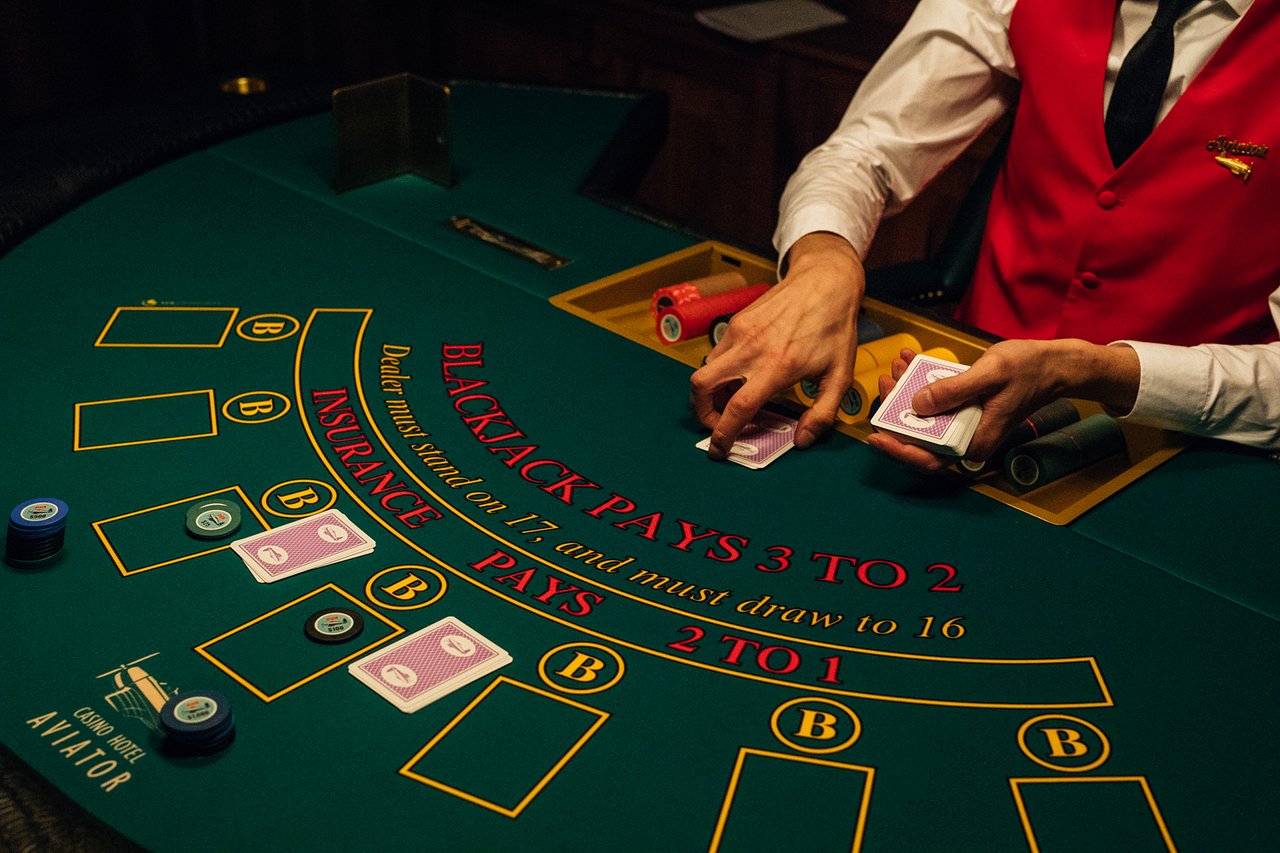





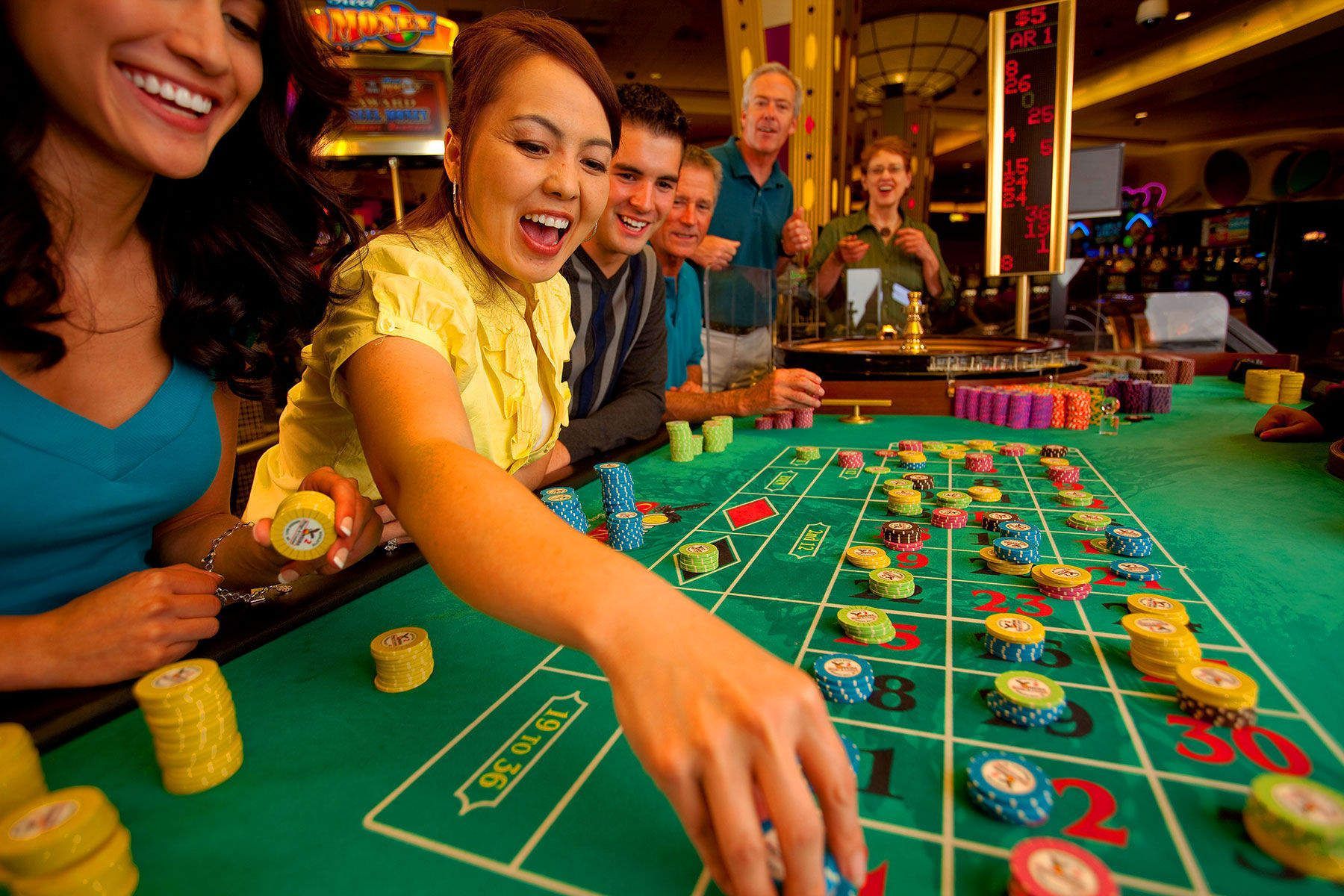








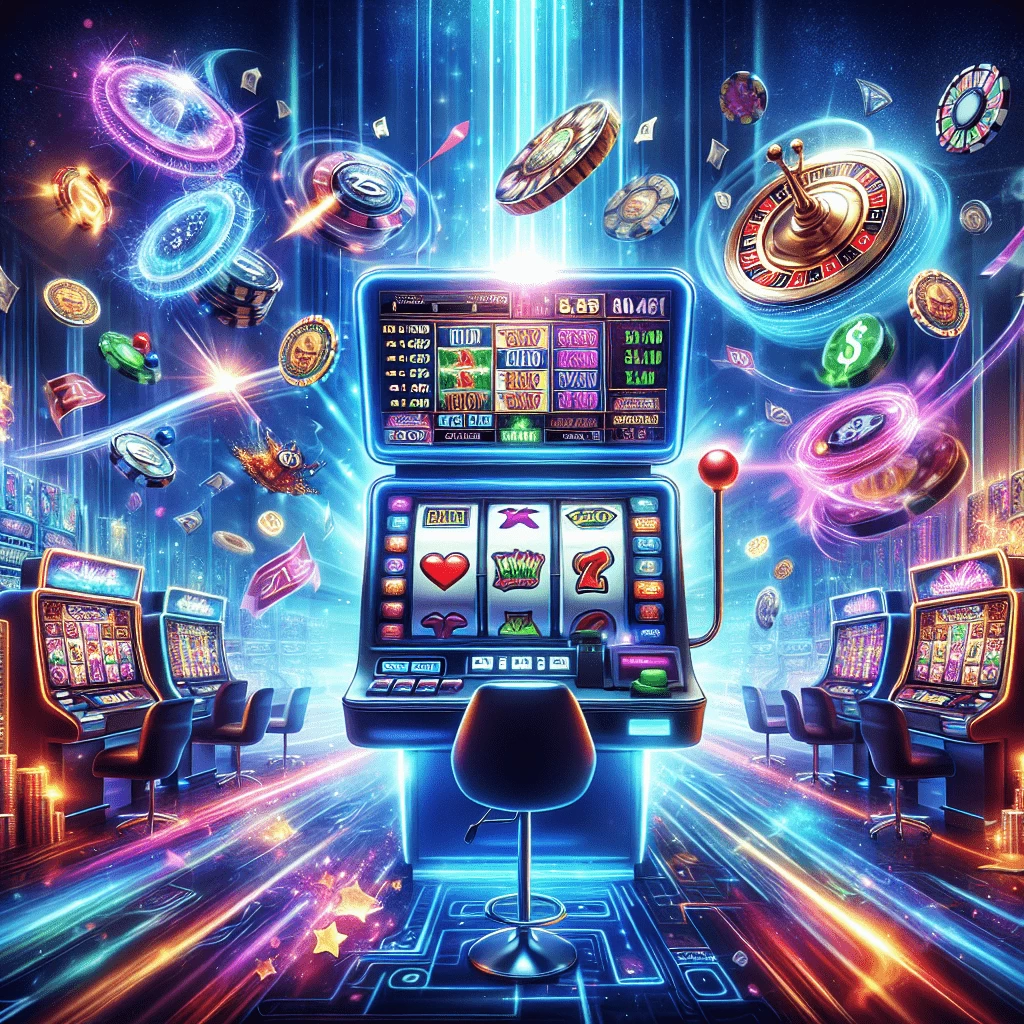


 Global Online Gambling & iGaming is a full service cash Online Gambling & iGaming marketing consultancy with casino partners situated around the world.
Global Online Gambling & iGaming is a full service cash Online Gambling & iGaming marketing consultancy with casino partners situated around the world.